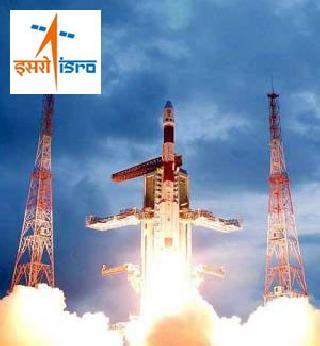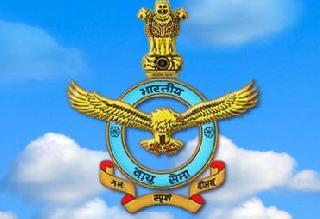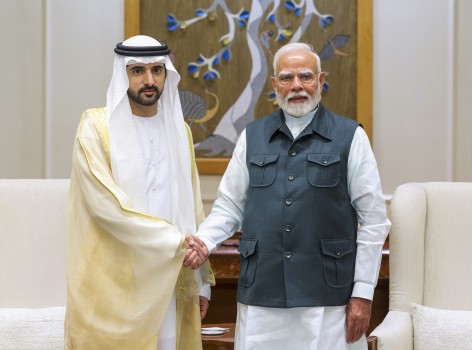
BANGALORE (PTI): As India prepares to launch its Rs 450 crore mission to Mars this year, a top space official says the country's first martian odyssey--that has attracted some criticism--is not just for pride but for undertaking "meaningful research".
K Radhakrishnan, Chairman of Indian Space Research Organisation(ISRO), also debunked perception in some quarters that the Mars Orbiter mission around the red planet, that's just three months away, is primarily a "feel-good" package to just pat ourselves on the back.
"It's not for pride because the exploration of Mars has its own scientific value and possibly a future habitat which people are talking about...may be 20 years...30 years from now...it's possible", he told PTI here in an interview, referring to the colonisation angle.
India will be the sixth country to launch a mission to Mars after the US, Russia, Europe, Japan and China.
ISRO says the primary objectives are to demonstrate India's technological capability to send a satellite to orbit around Mars and conduct meaningful experiments such as looking for signs of life, take pictures of the red planet and study Martian environment.
"What's the most interesting question on Mars? - life.
So, we talk about Methane...which is of biological origin or geological origin. So, we have a methane sensor plus a thermal infrared spectrometer. These two together should be able to give some information", said Radhakrishnan, who is also Secretary in the Department of Space, said.
Critics of the Indian Mars mission wondered whether the country can afford huge costs for this space voyage.
The Mars satellite, which would be launched on board Polar Satellite Launch Vehicle (PSLV-XL), will carry compact science experiments, totalling a mass of 15 kg. There will be five instruments to study Martian surface, atmosphere and mineralogy.
After leaving earth orbit in November, the spacecraft will cruise in deep space for 10 months using its own propulsion system and will reach Mars (Martian transfer trajectory) in September 2014.
The 1350 kg spacecraft subsequently is planned to enter into a 372 km by 80,000 km elliptical orbit around Mars.
"We want to look at environment of Mars for various elements like Deuterium-Hydrogen ratio. We also want to look at other constituents - neutral constituents", Radhakrishnan said.
"There are several things which Mars will tells us, this is what the scientific community thinks about the life on Mars", he said, adding, scientists started taking interest on Mars from the 18th century itself. "Mars is a subject of interest".
"Our (Mars mission) experiments are planned in such a way that you can decide when you want to put on each of these systems", Radhakrishnan said.
"If we succeed (in the mission), it positions India into group of countries who will have the ability to look at Mars.
In future, certainly, there will be synergy between various countries in such exploration. That's taking place. That time India will be a country to be counted", he said.
 Previous Article
Previous Article Next Article
Next Article












The Indian Air Force, in its flight trials evaluation report submitted before the Defence Ministry l..
view articleAn insight into the Medium Multi-Role Combat Aircraft competition...
view articleSky enthusiasts can now spot the International Space Station (ISS) commanded by Indian-American astr..
view article